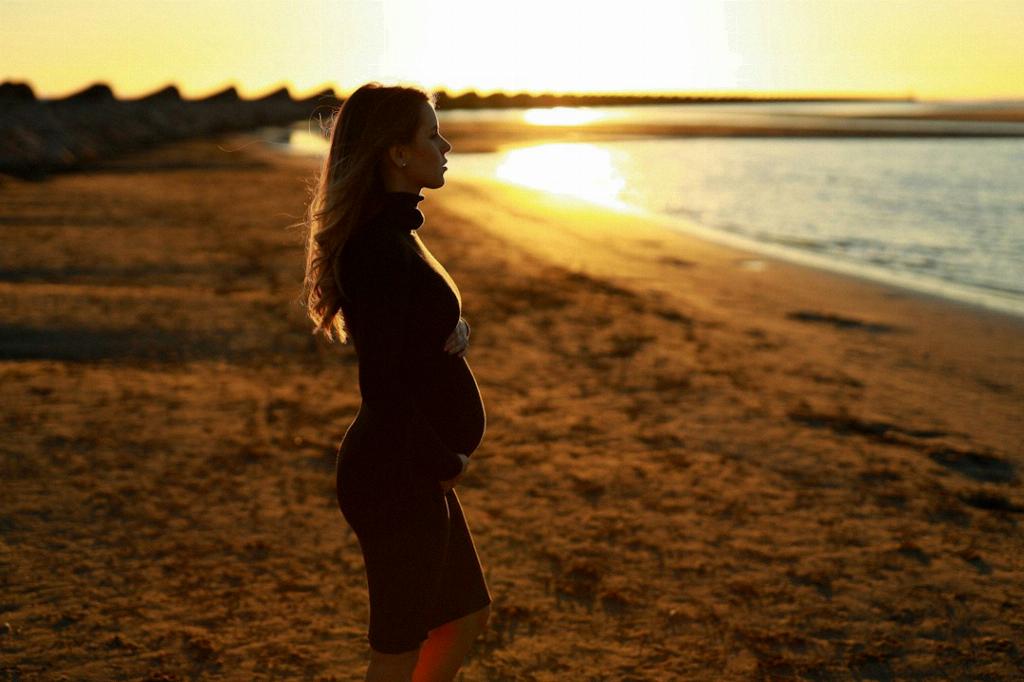When it comes to pregnancy after a cesarean section (C-section), there are several risks that need to be taken into consideration. One of the key concerns is the increased likelihood of placenta previa, a condition in which the placenta partially or completely covers the cervix. Research has shown that women who have had a C-section in the past are at a higher risk of developing placenta previa during subsequent pregnancies. This can lead to complications during delivery and may require special medical attention.
In addition to placenta previa, another risk associated with pregnancy after a C-section is placenta accreta. This is a condition in which the placenta attaches too deeply to the uterine wall, making it difficult to detach during delivery. The risk of placenta accreta is higher in women who have had previous C-sections, and it can lead to severe bleeding and other complications. Therefore, close monitoring and proper medical management are essential for women with a history of C-section who are planning to get pregnant again.
Furthermore, placental abruption is another potential risk that pregnant women with a history of C-section need to be aware of. This serious condition occurs when the placenta separates from the uterine wall before the baby is born. The risk of placental abruption is higher in women who have had previous C-sections, as the scar tissue from the surgery can weaken the uterine wall and increase the likelihood of placental separation. Prompt medical intervention is crucial in cases of placental abruption to ensure the health and safety of both the mother and the baby.
Aside from these specific complications, women who have had a C-section in the past may also be at an increased risk of other pregnancy-related issues. For instance, the risk of uterine rupture, where the uterus tears during pregnancy or labor, is higher in women who have had a previous C-section. This can be a life-threatening emergency that requires immediate medical attention. Additionally, the risk of preterm birth and neonatal complications may also be elevated in women with a history of C-section, underscoring the importance of thorough prenatal care and monitoring.
Moreover, the emotional and psychological impact of a pregnancy after a C-section should not be overlooked. Women who have undergone a C-section may experience heightened anxiety and stress during subsequent pregnancies, particularly concerning the possibility of facing similar complications or needing another surgical delivery. It is essential for healthcare providers to provide adequate support and counseling to address these concerns and help women feel empowered and prepared for the journey ahead.
Furthermore, women who are planning a pregnancy after a C-section should engage in open and honest discussions with their healthcare providers regarding their medical history, previous surgical procedures, and any potential risks or complications that may arise. This collaborative approach allows for individualized care plans to be developed to address specific concerns and ensure the best possible outcomes for both the mother and the baby.
Additionally, women who have had a C-section in the past should be vigilant about monitoring their health and reporting any unusual symptoms or concerns to their healthcare providers promptly. Early detection and intervention can play a crucial role in mitigating potential risks and ensuring a safe and healthy pregnancy. Regular prenatal check-ups, ultrasounds, and screenings are vital components of prenatal care for women with a history of C-section.
Moreover, lifestyle factors such as maintaining a healthy diet, engaging in regular physical activity, managing stress levels, and avoiding harmful substances like tobacco and alcohol can also contribute to a positive pregnancy outcome after a C-section. Adopting healthy habits and making informed choices can help reduce the risk of certain complications and promote overall well-being for both the mother and the developing baby.
Furthermore, education and awareness are key aspects of navigating a pregnancy after a C-section. Understanding the potential risks, being proactive about seeking medical guidance, and staying informed about available resources and support networks can empower women to make informed decisions and advocate for their health and the well-being of their baby.
In conclusion, while there are risks associated with pregnancy after a C-section, proper planning, vigilant monitoring, and proactive communication with healthcare providers can help mitigate these risks and promote a safe and successful pregnancy experience. By staying informed, seeking appropriate medical care, and taking steps to prioritize maternal and fetal health, women with a history of C-section can navigate subsequent pregnancies with confidence and peace of mind.

